Vietnamese migrants are thriving in Poland and Czechia

“The business centre”, a sprawling warehouse in Wolka Kosowska outside Warsaw, has a distinctly East Asian feel. The air is filled with zither music and haggling in Vietnamese. Impromptu bouts of tien len, a card game, are set up on cardboard boxes. A sign warns that “burning incense is prohibited”; another that tea dregs are not to clog the wash basin.
Poland and the Czech Republic, both of which vehemently oppose European efforts to redistribute Syrian refugees, are home to large Asian communities. The first Vietnamese arrived in the 1980s as part of a student exchange between their country and the socialist republics of Eastern Europe. Many settled and brought over relatives. Today there are an estimated 40,000-50,000 of them in Poland, and 60,000-80,000 in the Czech Republic, the highest by proportion in Europe. The Buddhist temples and cultural centres sprouting up suggest that they are here to stay.
In both countries the Vietnamese have integrated well. The consonant-heavy local languages initially forced them into mute professions such as wholesaling food and textiles. The more industrious flocked to trading centres in Poland and fanned out across the Czech Republic to open grocery stores and even retail chains. Some struck gold: Tao Ngoc Tu, who came as a student, now runs an Asian condiment import company and is one of Poland’s richest people. “I call myself a bat,” says Phan Chau Thanh, who came as a student in the 1990s. “Neither mouse nor bird: still a Vietnamese head, but Polish thoughts.”
Local acceptance of the Vietnamese contrasts with views on other migrants. Czechs re-elected an anti-immigrant firebrand as president last year, and a survey by the Pew Research Centre, a think-tank, shows that almost half of Poles think there should be less immigration. Many in the Vietnamese diaspora say Czechs and Poles have over time come to see them as a “safe” type of migrant. Anh Tuyet Nguyen, a café-owner in Prague, says she has often heard Czechs contrast the “hardworking” Vietnamese with other migrants who they think “leech off the state”.
Yet the welcome can sometimes feel brittle. Many Vietnamese, particularly in Poland, recount instances of finger-pointing on public transport and bullying in schools. After the financial crash of 2008, some Vietnamese-Czechs turned to drug dealing, a trend exaggerated by media scaremongers. As both countries have made it harder for people to immigrate to them, the flow of new arrivals from Vietnam is now a trickle, mostly consisting of people reuniting with relatives who are already in Europe.
Still, second-generation migrants are fitting in well. Most attended local state schools and some are Czech or Polish citizens. Trang Do Thu, a Czech blogger born in Vietnam, says that like many other Vietnamese-Czechs, she learned the local tongue from a Czech nanny while her parents worked long shifts in clothes markets. Her generation’s speaking out against the drug-dealer stereotype was crucial in dispelling it, she says. And pho (noodle soup) is now all the rage in Prague and Warsaw.
VNF ( The economist )
Recommended
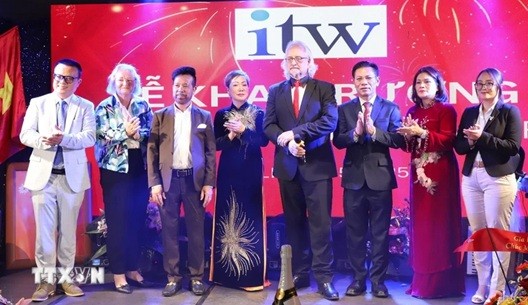 Overseas Vietnamese
Overseas Vietnamese
Language and Vocational School for Vietnamese launched in Germany
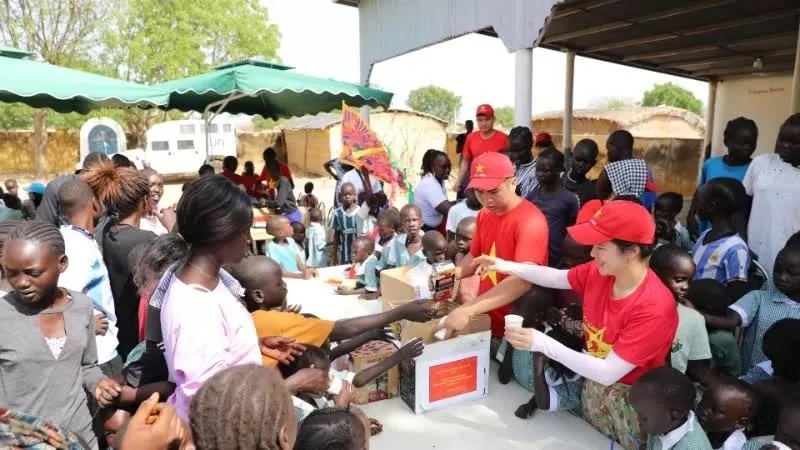 Overseas Vietnamese
Overseas Vietnamese
A Heart-warming International Children's Day in Abyei
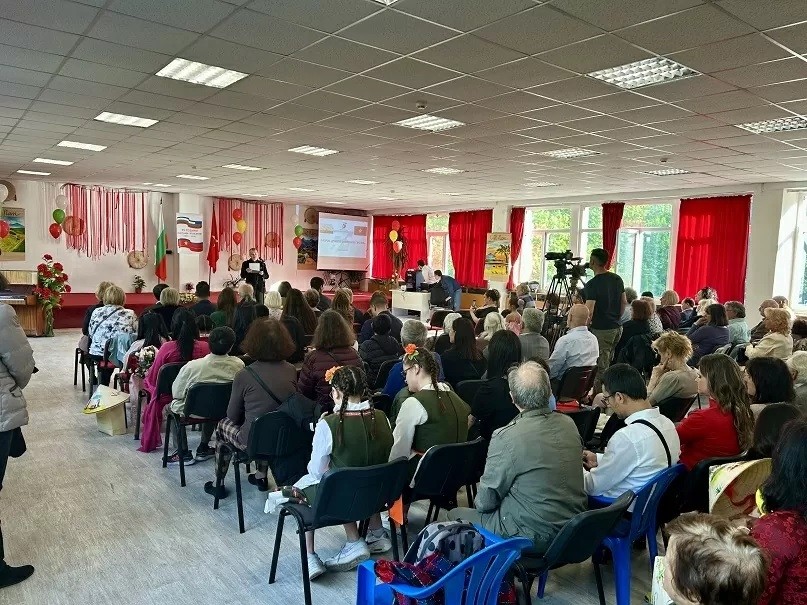 Overseas Vietnamese
Overseas Vietnamese
Art Program Deepens Vietnam-Bulgaria Cultural Exchange and Friendship
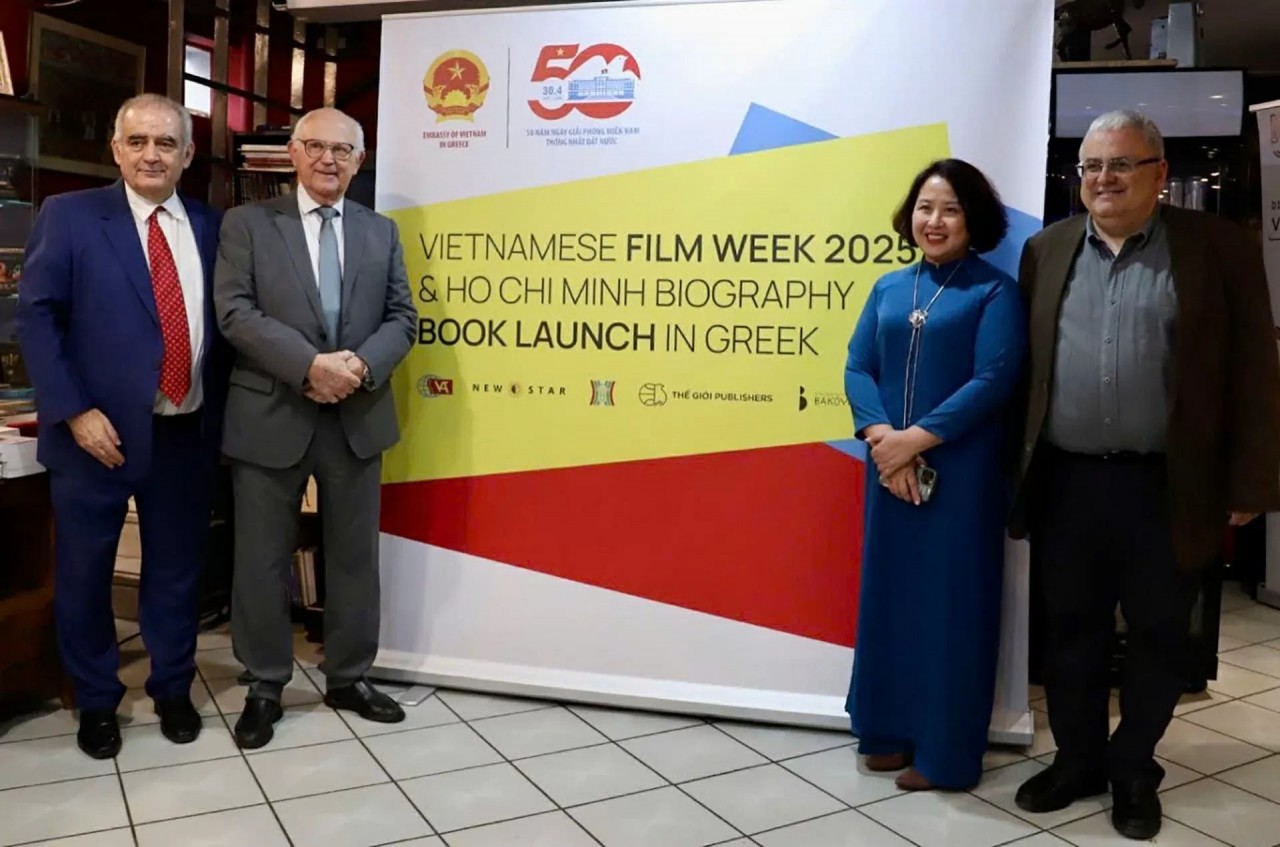 Overseas Vietnamese
Overseas Vietnamese
First Vietnamese Film Week Opens in Greece
Popular article
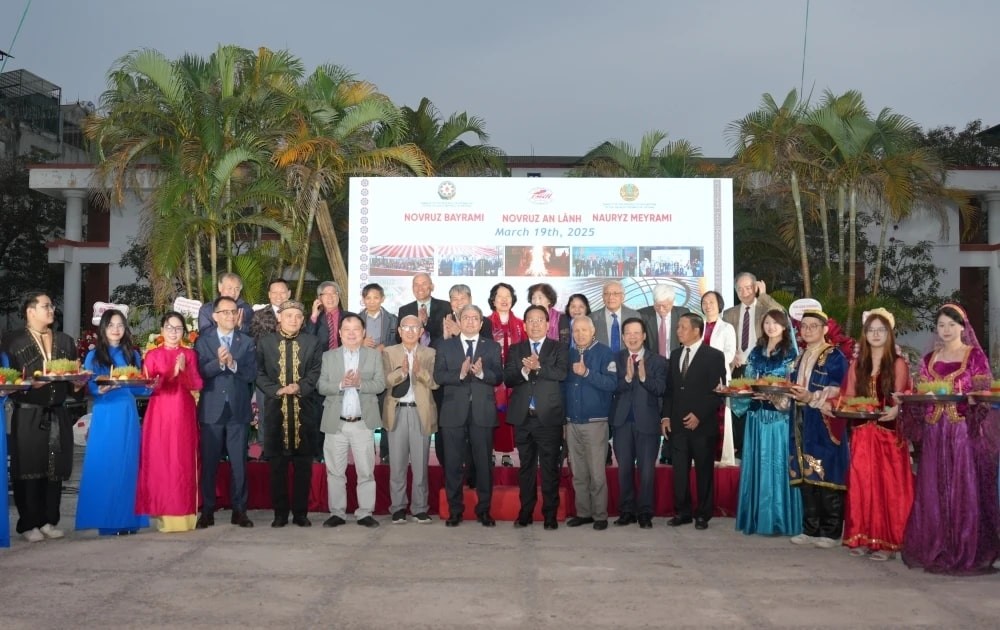 Overseas Vietnamese
Overseas Vietnamese
Strong Bonds Between Vietnam And Belarus, Azerbaijan, and Kazakhstan
 Overseas Vietnamese
Overseas Vietnamese
Vietnam Festival in Tokyo To Be Held for 18th Time
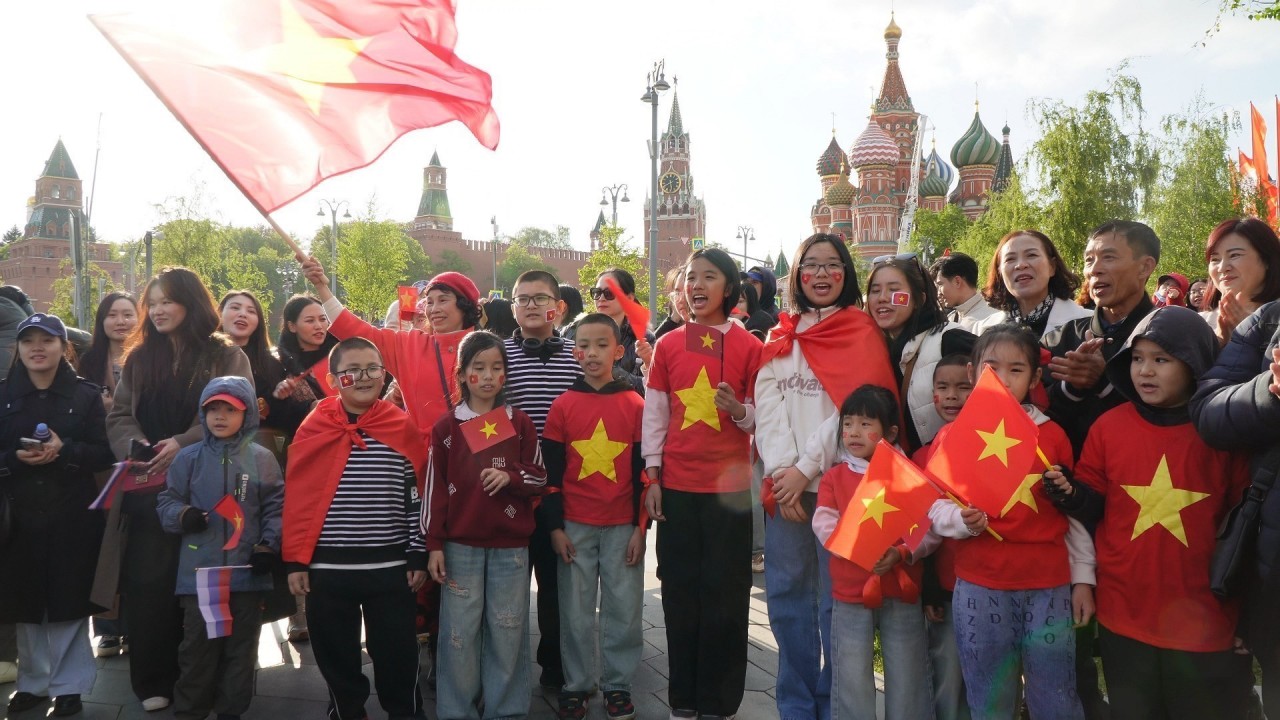 Focus
Focus
Overseas Vietnamese in Russia Welcome Vietnam People's Army Delegation at Red Square
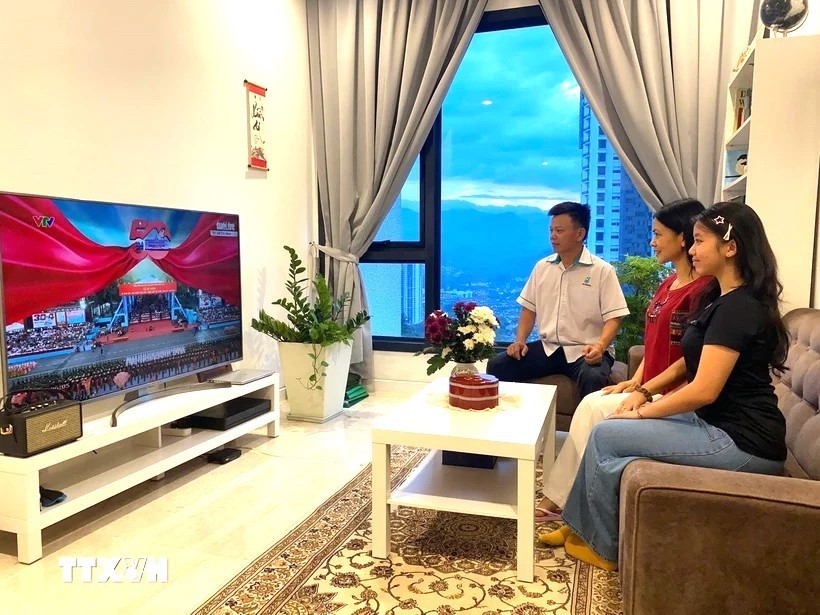 Overseas Vietnamese
Overseas Vietnamese



